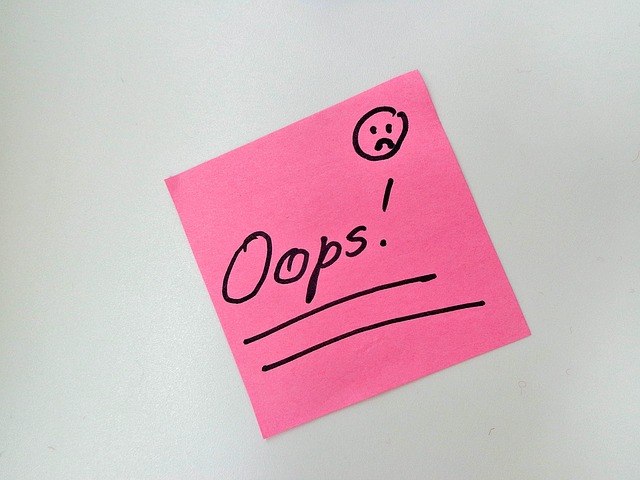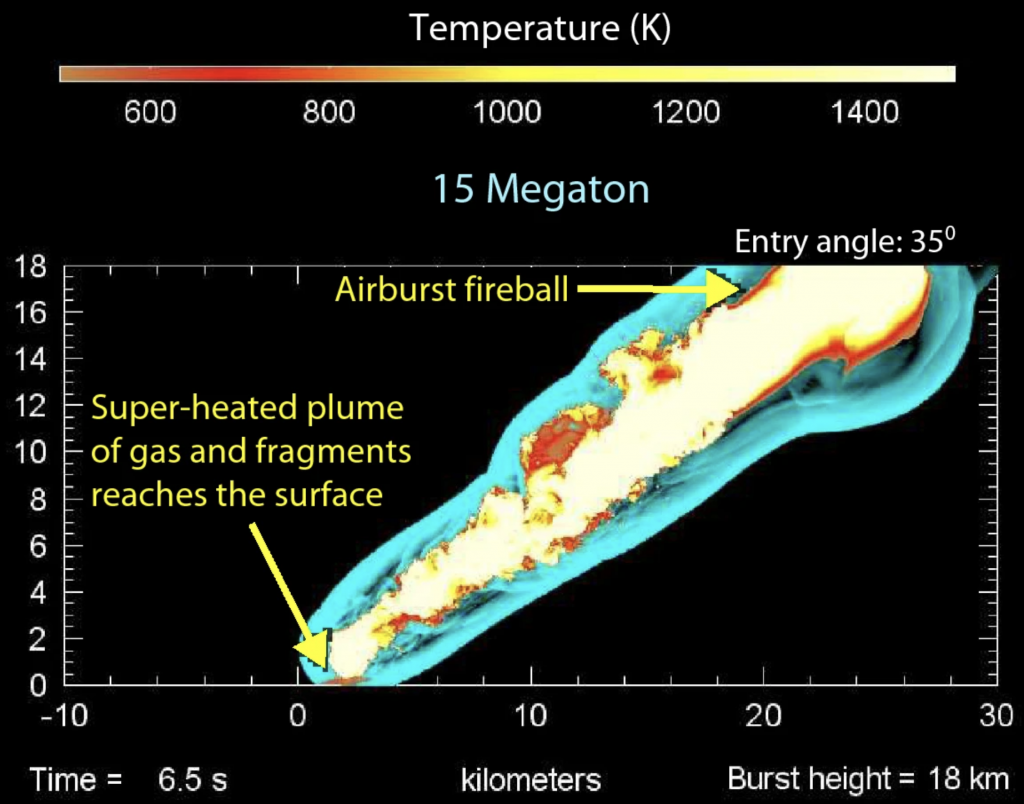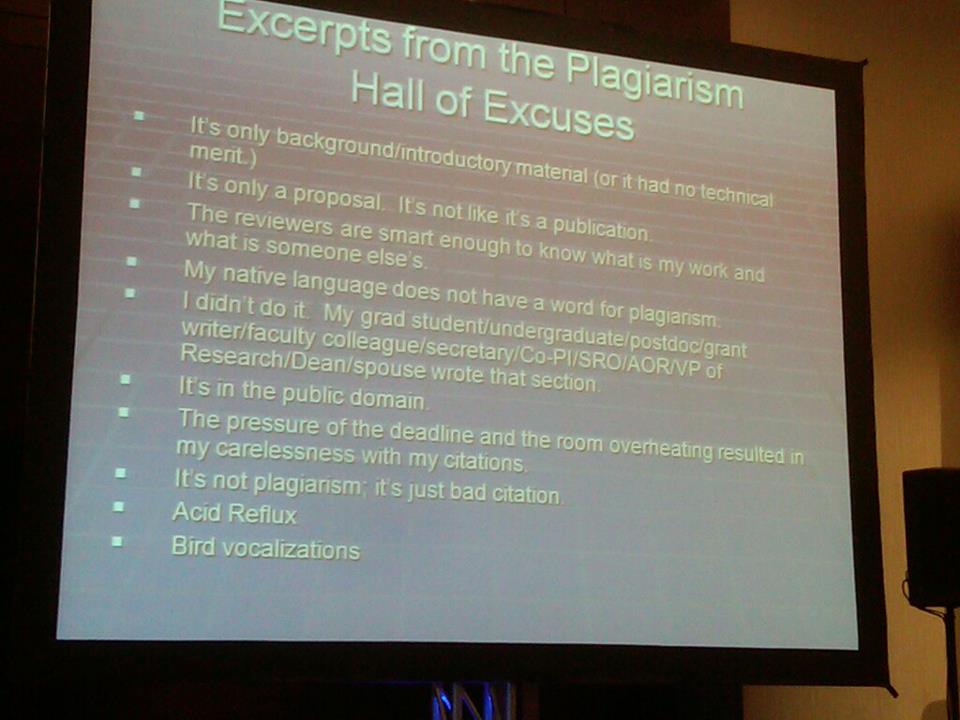A marine ecologist at Oregon State University now helping lead the Biden White House’s climate and environmental initiatives violated the conflict of interest policy at the Proceedings of the National Academy of Sciences when she edited a paper in the journal last year.
Jane Lubchenco, who served as administrator of the National Oceanic and Atmospheric Administration from 2009 to 2013 under President Obama, joined the White House in March of this year as Deputy Director for Climate and Environment in the Office of Science and Technology Policy.
Last year, while still at Oregon State, Lubchenco, a member of the National Academy of Sciences, was the handling editor for an article titled “A global network of marine protected areas for food,” by Reniel Cabral and Steven Gaines of the University of California, Santa Barbara, and colleagues. Such marine protected areas, aka MPAs, have come under scrutiny, as Yale’s E360 noted in 2019:
Continue reading Leading marine ecologist, now White House official, violated prominent journal’s policies in handling now-retracted paper








